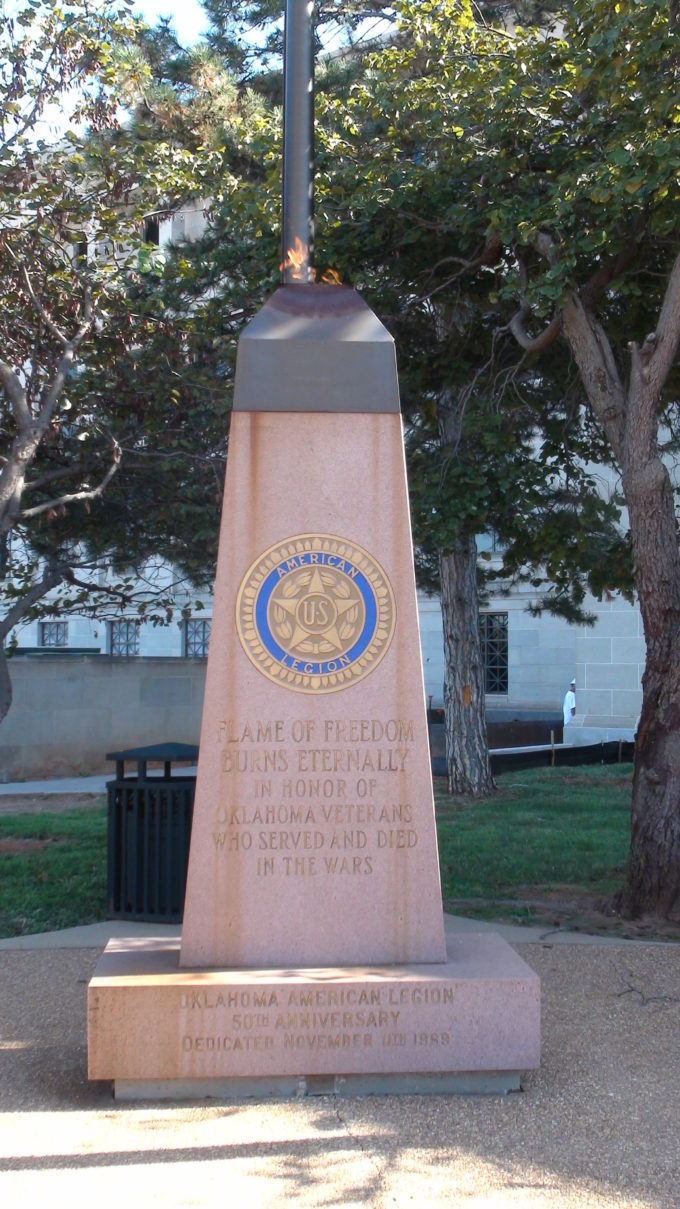
Wednesday, 22 April 2020
In this the children of God and the children of the devil are manifest: Whoever does not practice righteousness is not of God, nor is he who does not love his brother. 1 John 3:10
The words, “In this,” are debated as to the reference. Is it what he just said concerning being born of God, or is it referring to what he will next say concerning practicing righteousness? The NKJV places a colon at the end of this first clause, indicating the latter view, but it isn’t really certain. In verse 3:8, the reason for the manifestation of Christ was stated afterwards. If John is consistent in that pattern, then the second clause explains the first. This seems logical and likely.
John has said that one who has been born of God does not sin. Now, he will show a way of telling who such a person is. To do so, he says, “In this the children of God and the children of the devil are manifest.” This is the only time that the term “children of the devil” is used in Scripture. There are verses which imply someone is a child of the devil, or that use a similar term, such as Acts 13:10, John 8:44, and Ephesians 2:3. Also, 1 John 3:8 likewise made the distinction clear.
However, John’s use of the two opposing terms in this one verse shows that these are the only two positions for humanity. One is either a child of the devil, or he is a child of God. No other intermediate position exists. To help identify a person’s position in this regard, John continues with, “Whoever does not practice righteousness is not of God.”
It is a present participle. Thus, it literally reads, “Each one who is not practicing righteousness.” This is a further explanation of what was stated in verse 3:7 when John said, “He who practices righteousness is righteous, just as He is righteous.” The two thoughts complement and support one another. The person who is truly a believer in Christ does righteousness, and the one who is not truly a believer does not do righteousness. The position defines the nature of the doing.
John finishes the verse with, “nor is he who does not love his brother.” This statement begins a thought on love which will continue in the verses ahead. John brings in love as an evidence of a person who is a child of God, or of the person who remains a child of the devil. In this, love is again a present participle (is loving). It is a volitional act of the will. The actions are intended to demonstrate the position in relation to God.
Life application: Paul speaks of the position of humanity belonging to either God or to the devil in his writings. One example is in Ephesians 2:3 –
“…among whom also we all once conducted ourselves in the lusts of our flesh, fulfilling the desires of the flesh and of the mind, and were by nature children of wrath, just as the others.”
We are children of wrath by nature. Only when we come to Jesus Christ is our nature changed. It is this moment that we are “born again” as Jesus states in John 3.3. This is also a logical conclusion based on God’s curse of Adam in Genesis 3.
God told Adam in Genesis 2 that he would die on the day he ate of the forbidden fruit. In Genesis 3, Adam is cursed and removed from Eden and from fellowship with God. Adam died spiritually that day and that spiritual death remains in all humans, through him, until we move to Christ.
To “practice righteousness” is to accept the perfect righteousness of Jesus Christ, and thus it enables victory over sin in our lives. Until we do this, we cannot attain the state necessary to be righteous because our very nature excludes what is necessary – spiritual life. The two go hand in hand and are inseparable. Either we are in Jesus and able to practice righteousness, or we are in Adam and unable to do so.
“Practicing righteousness” then is more than doing good works. It is the complete state of the person based on his position in Jesus Christ. Attempts at good works apart from Christ actually further remove us from Him, because they become trust in self, not in God – an amazing paradox.
Lord, we can only thank You for the gift of righteousness that came through Jesus our Lord. Without His work on our behalf, we would have remained dead in sin and lost…children of Your wrath. By Your infinite grace and mercy though, we are saved, saved, saved by the precious blood of Jesus. Hallelujah and amen!
